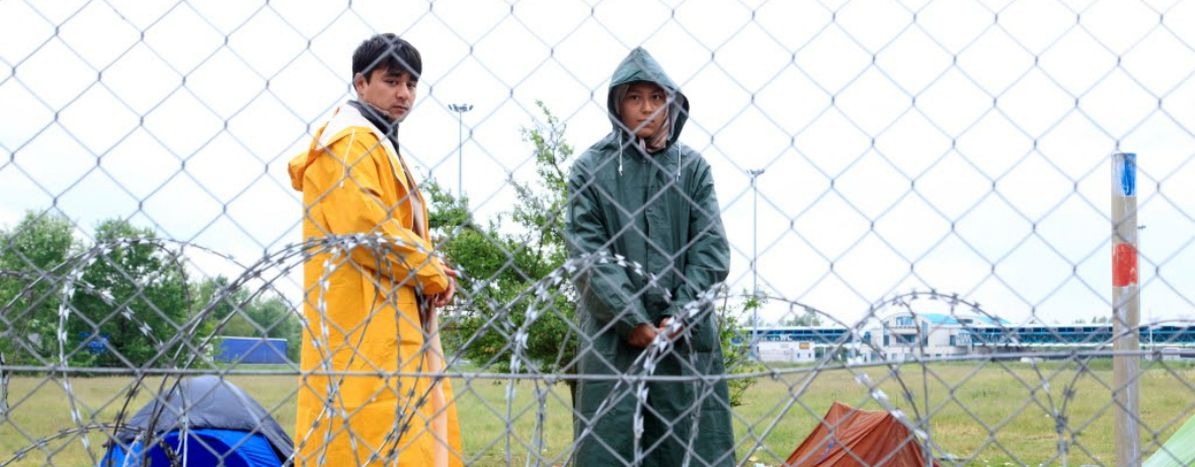
Hungary referendum shows a double standard for migrants
Published on
Orbán seems to have double standards when it comes to migrants. On the one hand, he refuses to follow the EU's refugee-sharing quota, which would force Budapest to take in around 1,300 refugees. On the other, his government is giving permanent residency to 4,000 non-EU citizens willing to invest in the economy. [OPINION]
Referenda are tools of direct democracy, to give people a choice about specific issues that are deemed important to them. But sometimes it can also work as a diversion, to talk about topics that may be more important to the government than its citizens.
This is what might have happened in Hungary on Sunday 2 October, when a referendum on the EU’s refugee-sharing quota was held. The majority of voters opted against the EU relocation scheme. However, the turnout was lower than the 51% threshold, rendering the final outcome invalid.
Csaba Toth, director of the Republikon Institute, a liberal think-tank in Budapest, said that the Government is keen on keeping migration high on the agenda for political reasons:
"Many research institutions have found … that when migration is on the agenda, the popularity of Fidesz [Orbán’s ruling party, Ed.] goes up. When there are other issues on the agenda, education, health care, the economy, their popularity goes down. So the most important is the agenda setting, what’s being talked about.
"In that regard, the referendum has already achieved a lot," he added.
The attempt to use migration as a tool to boost the political agenda of the ruling party might not be limited to the referendum on EU quotas.
The government established a residency bond programme in 2013 to attract well-off foreign investors from outside the European Union. The programme offers a fast track for a residency permit to the businessman and his family along with the consequent free access to the European Schengen area, in exchange for their investment.
Once the authorities have verified an applicant's CV and passport, along with a one-page application form, the permits are issued in eight to ten weeks. So far, around 4,000 applicants have already been accepted.
It takes less than three months to have free access to Schengen from Hungary for "business people who are not residents or citizens of the EU but value the freedom of mobility" - as the programme advertises. But the same opportunity is denied to the 1,297 refugees that the EU quota system has assigned to Budapest.
The natural conclusion might seem that, contrary to the appearances, all migrants are very welcome in Hungary. They can be used to either divert people's attention from eventual internal failures of the government (Orbán would definitely not be the first politician in Europe’s history to use this method) or to make the most of their wealthy status.
The question of whether this is selective xenophobia or pure political calculation remains unanswered.
---



